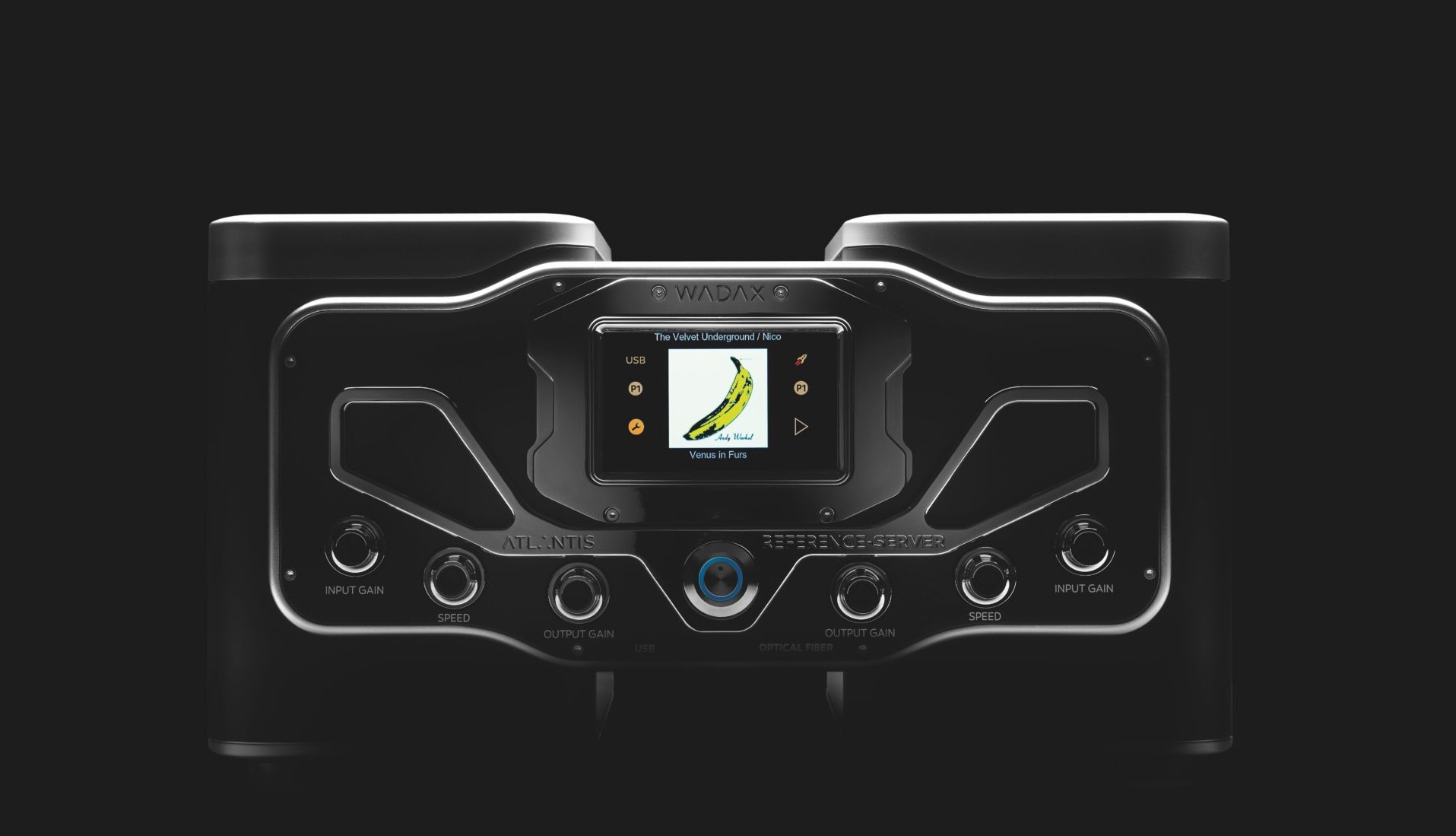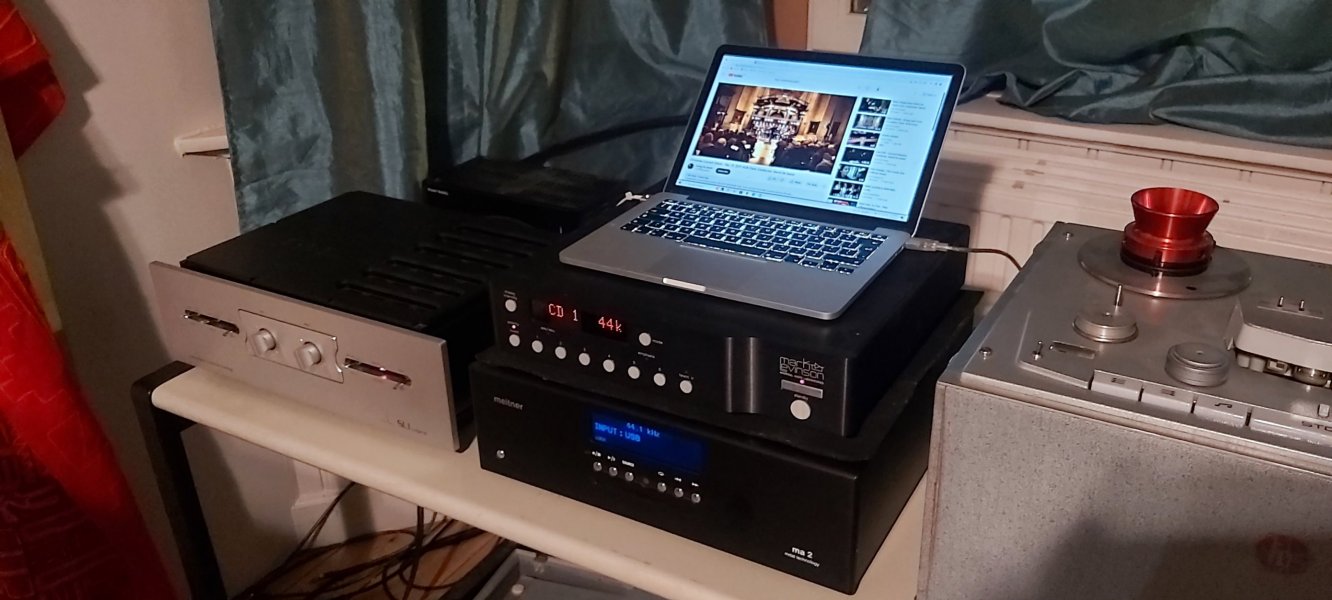As someone who’s spent his entire professional life in the computer industry, I can tell you one thing for sure: the future is stranger than you can imagine! When I started programming computers in the late 1970s, I was using punched cards and writing code in Fortran (for young Turks out there, Fortran is one of the first high level languages, which stands for “formula translation“ and still highly used in high end scientific computation). Now, I lead a team of high powered computer scientists in one of the world’s largest software companies in the San Francisco Bay Area, some with Ivy league math PhDs, overseeing some of the largest data deployments in the world running on data centers all over the world. Let’s just say almost anything you do on the web in terms of shopping goes through our data centers. Hundreds of petabytes of data every day sloshes through our servers and we look for trends in this gigantic pool of e-commerce. Kind of like finding needles in the world‘s largest haystack!
And yet things are changing so fast in my world — the web is about to undergo a massive transformation with deep generative models enabled by AI technology running at unimaginable scales. Here in San Francisco, Open AI’s transformative chatGPT is an example of how high powered AI technology will change our world forever. In the not too distant future, you’ll be “chatting” with your music server, let’s call it “chatRoon“ that will contain within it a massive deep generative model of the entire world’s music and synthesize any music you want depending on your mood. You could “whistle“ a tune to it, and it will riff on that melody the entire evening, generating endless novel variants. Say bye bye to your old fashioned music collections stored on, hard drives, SSDs and other quaint 2023 technology. There’s no need for such old fashioned storage devices. It will recall or synthesize any music you desire. The interface to such a system will look nothing like Roon. It will be quite bizarre to our current mindset, but one the next generation will find entirely natural. They’ll wonder at how quaint our world was with ”albums” and ”tracks“.
And yet things are changing so fast in my world — the web is about to undergo a massive transformation with deep generative models enabled by AI technology running at unimaginable scales. Here in San Francisco, Open AI’s transformative chatGPT is an example of how high powered AI technology will change our world forever. In the not too distant future, you’ll be “chatting” with your music server, let’s call it “chatRoon“ that will contain within it a massive deep generative model of the entire world’s music and synthesize any music you want depending on your mood. You could “whistle“ a tune to it, and it will riff on that melody the entire evening, generating endless novel variants. Say bye bye to your old fashioned music collections stored on, hard drives, SSDs and other quaint 2023 technology. There’s no need for such old fashioned storage devices. It will recall or synthesize any music you desire. The interface to such a system will look nothing like Roon. It will be quite bizarre to our current mindset, but one the next generation will find entirely natural. They’ll wonder at how quaint our world was with ”albums” and ”tracks“.

















